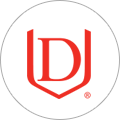
The first weeks of the coronavirus pandemic were challenging for companies as they tried to make sense of what COVID-19 meant to their customers, their businesses and the larger community. Now that they’ve found their footing, we asked a few friends of Davenport University how their companies adapted to COVID-19.
Changing the way they engage
Quickly coming alongside customers in their new reality has been key during this time. Ken Fortier (BBA ’01) is vice president of business development at Hylant Group, Inc., a provider of insurance and brokerage services. He said the first thing the company did was help a group of clients get the approvals they needed to acquire personal protective equipment.
Then they started facilitating meetings between manufacturers, supply chain businesses, human resources organizations, construction companies and retailers. The meetings are an opportunity for everyone to share what’s been working for them and to learn from special guests like attorneys, bankers and certified professional accountants. When it comes to Hylant helping their customers, “empowering them is the most useful tool we can offer at this time,” said Fortier.
MCPc, a global data protection company, has been helping its customers address the new day-to-day needs of employee mobility and data security. “Every organization was looking for laptops and mobile devices as they transitioned employees to work from home,” reported Andy Shannon, regional president at MCPc. And health care clients needed technology to allow their patients to communicate with loved ones. To help customers with significant constraints in the global electronics supply chain, MCPc tapped its manufacturers and distributors to reduce the lead times of in-demand devices. When that wasn’t an option, the company located or configured alternative devices to minimize disruption to clients’ businesses.
Amway’s Brian Hart, vice president of ABO and customer solutions, reported that the company has adapted to the “surge in online orders” due to the closing of retail stores across the globe. “We are seeing new patterns and ways we can work better and more efficiently to support our business,” said Hart. “And we’ve seen innovation within our partners who have created contactless pick-up options for our business owners to receive their product.”
Firefighting replaced the day-to-day
For MCPc, firefighting has taken the form of going onsite to help health care clients prepare for the potential surge in patients. “Our employees have been going above and beyond by working onsite at health care system hot zones,” said Shannon. “This is a core element of MCPc’s service culture.”
Shelly Westbrook (BA ’01), the foundation director at Spectrum Health Foundation, who was also asked to provide leadership coverage for the Environmental Services Team in Greenville and Lakeview amidst the pandemic, reported that she characterizes the feel of the last few months as “we are all in this together.”
“We demonstrated our value to our communities and each other in everything we have done,” she said. Spectrum Health’s methods included redeploying a large number of employees to assist with COVID-19 planning and care, increasing communication between departments and reducing red tape — all of which increased their ability to move quickly. She credits Spectrum’s teams, which have been “amazingly creative in developing new processes and procedures.”
The new normal
The “new normal” is a moving target, and everyone is adapting as they go. MCPc’s Shannon thinks that the new normal for its customers will include increasing agility and giving employees more flexibility on where they work. “Many customers are revisiting their cloud, mobility and security strategies,” he said. “As more organizations lean into flexible work location policies, the need for proper endpoint security is paramount.” MCPc has already been consulting with customers on maintaining security for their now-remote employee devices.
Westbrook reports that Spectrum’s new normal is caring for COVID-19 patients, along with all the other people they have always treated — those with non-COVID health problems like diabetes, asthma or cancer. Preventive care also remains a priority.
David Madiol, manager of Amway’s corporate social responsibility, sees the company moving toward providing more online opportunities. “The pandemic opened up many more ways to create supplemental income through e-commerce, and we expect this to continue to grow. We are an entrepreneurial business, and going forward, we need to provide the skills and tools that make it easy for budding entrepreneurs to create their own journeys.”
Employees become “unsung heroes”
Hardship often results in people rising to the occasion, and that has been true during the pandemic. Shannon, Fortier, Hart and Westbrook all report that their employees have come through in the crisis. “Joe Hicks (BAS ’12), one of our technical project managers, has effectively been on call 24 hours a day, seven days a week for many of our clients,” said Shannon. “In one instance, he responded to a customer call at 11 p.m. on a Sunday, was in our offices by 3 a.m. and helped resolve the customer’s dilemma by 5 a.m. that same morning.”
Fortier refers to Jeff Lumpp (MBA ’13), Hylant’s local president, as a “rock star,” for the way he encourages everyone through stories about how other employees are stepping up. And Westbrook said Spectrum’s “unsung hero” is the entire Environmental Services Team, which is responsible for cleaning patient rooms and the rest of the hospital, and for handling biohazard materials. Because of their work, she said, “I’m confident our patients, community and staff members are safe.”
Madiol has been amazed by the initiatives his co-workers have taken to help the community. “People were raising their hands with great ideas and everyone was pitching in to help,” he said. “We mass produced and delivered hand sanitizer to local health care communities, loaned out our 3D printers to people making face shields and supplied Kent County’s homeless with nearly 1,000 hygiene kits. It’s a proud moment during times like these when I see Amway’s values and beliefs personified by its employees.”

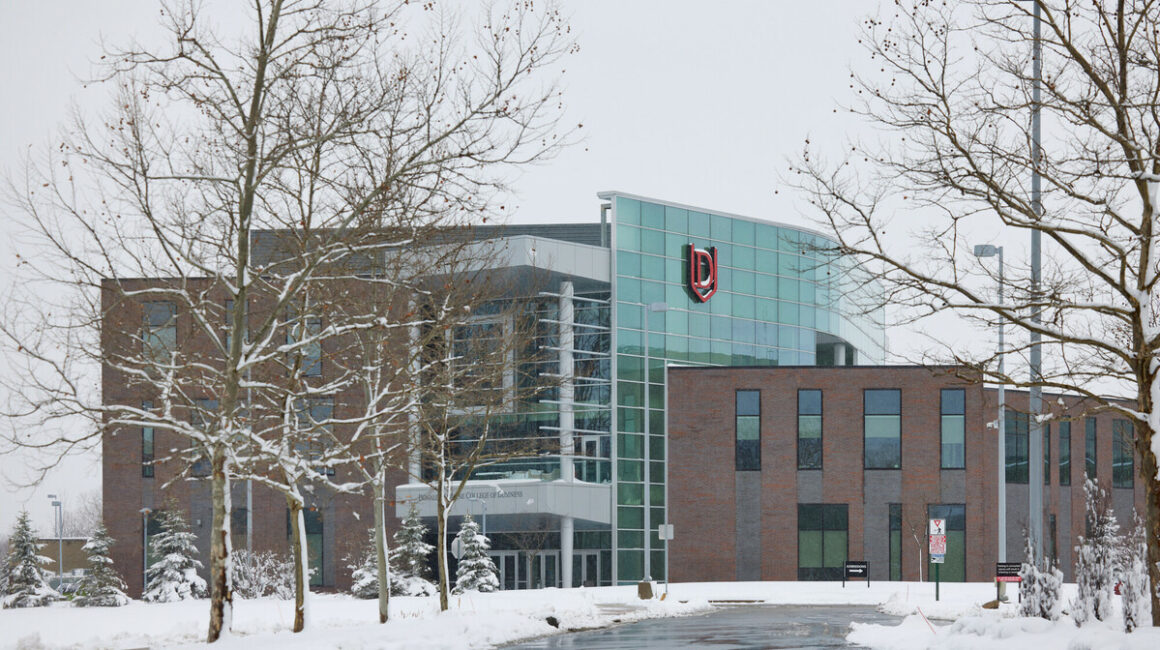
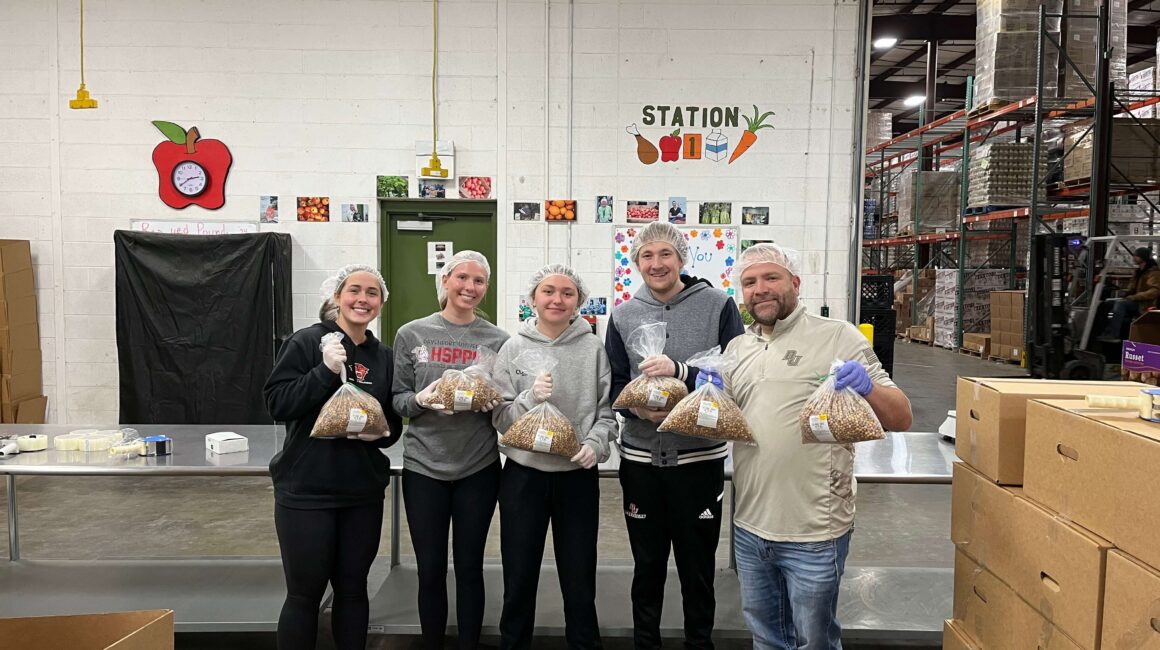
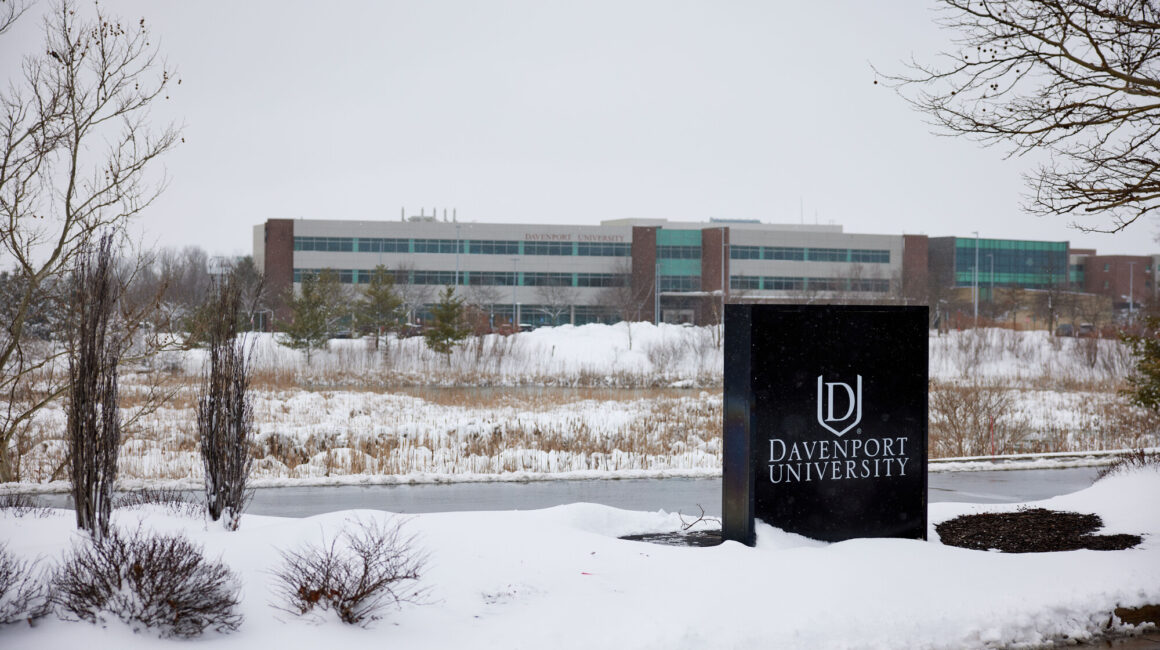
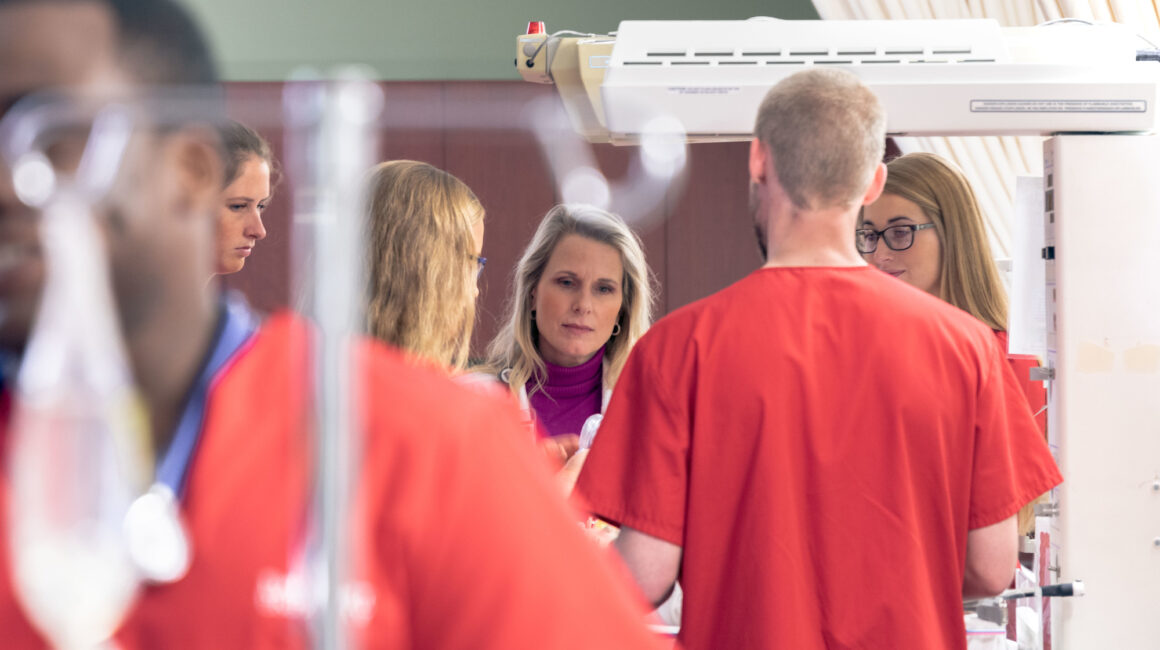
No Responses